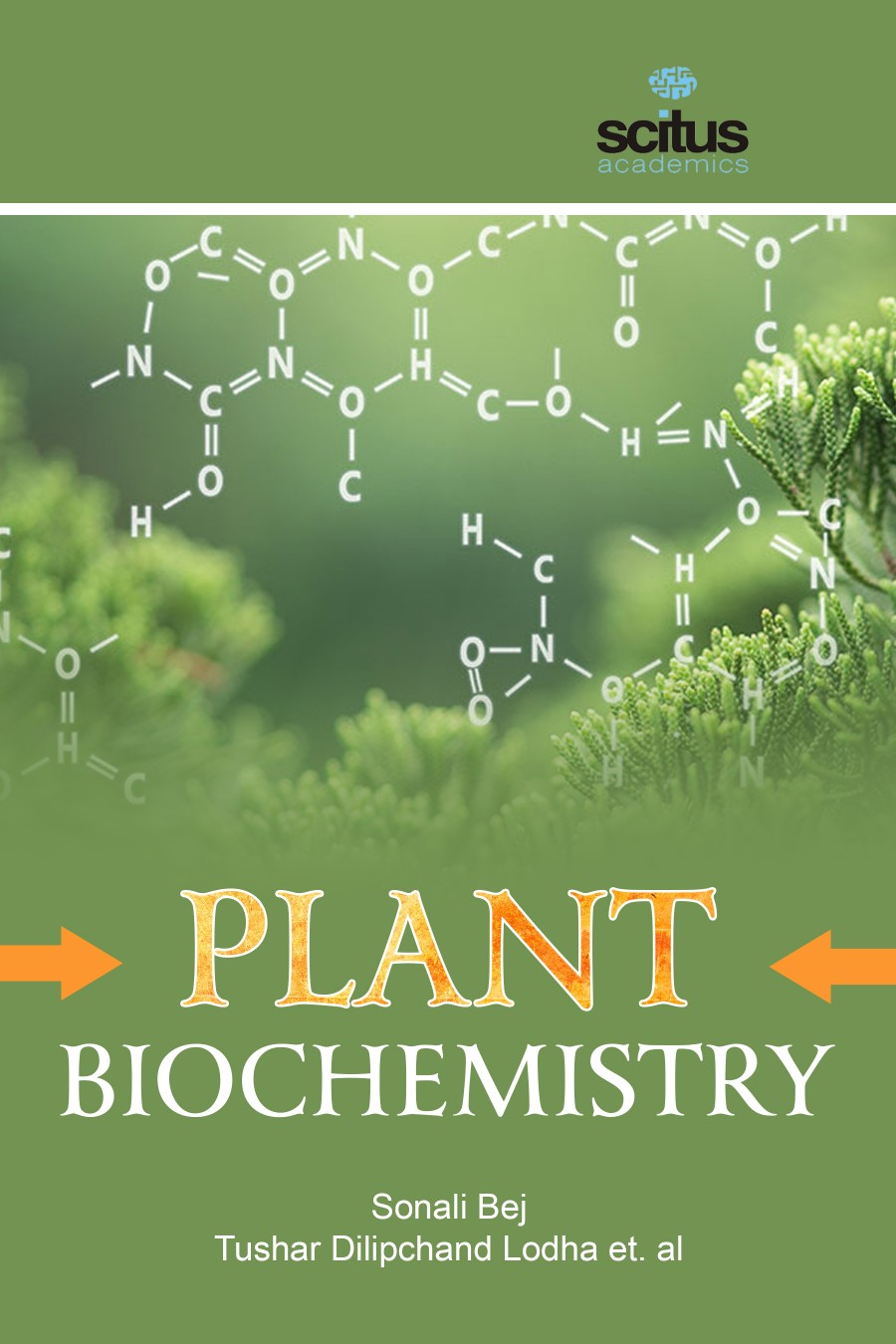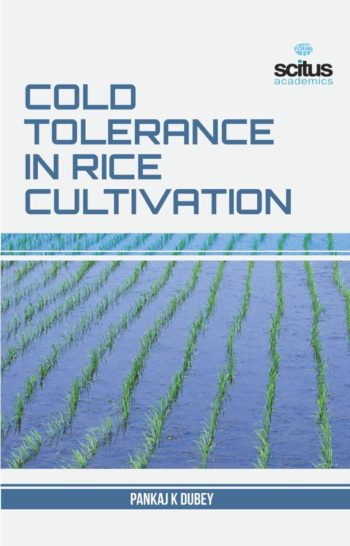In the second half of the 20th century the finding of the structure of DNA and RNA, the steps in protein synthesis, and other great discoveries of molecular biology revolutionized the study of plants at all levels, from cells to ecosystems. Taxonomists, evolutionists, ecologists, physiologists, and developmental biologists are now using molecular techniques and are discovering many responses and mechanisms that were not accessible in the past. It is now possible to identify, with much precision, the particular genes responsible for traits. And, with the techniques of molecular biology, scientists can introduce or eliminate genes for specific traits. Progress in plant molecular biology has been dependent on efficient methods of introducing foreign DNA into plant cells. Gene transfer into plant cells can be achieved by either direct uptake of DNA or the natural process of gene transfer carried out by the soil bacterium Agrohacterium. Versatile gene-transfer vectors have been developed for use with Agrohacterium and more recently vectors based on the genomes of plant viruses have become available. Plant agricultural production is the basis for human nutrition. Plant gene technology, which can be regarded as a section of plant biochemistry, makes a contribution to combat the impending global food shortage due to the enormous growth of the world population. The use of environmentally compatible herbicides and protection against viral or fungal infestation by means of gene technology is of great economic importance. Plant biochemistry is also instrumental in breeding productive varieties of crop plants.
Plant Biochemistry covers wide area of research and developments closely related to Plant Biochemistry and Physiology in understanding how biological molecules give rise to the processes that occur within living cells, which in turn relates greatly to the study and understanding of whole organisms. Detailed understanding of the pathways for biosynthesis of, and responses to all of the major plant hormones has been obtained. Further examples of major breakthroughs include a detailed understanding of the plant immune system, new insights into the mechanisms of plant evolution, adaptation and ecology, and a deeper appreciation of genome organization at all levels, from nucleotides to chromosomes. Cellular systems level understanding of root and flower development and other developmental processes are now emerging. It deals with the cellular and molecular biology and interaction between biomolecules along with the study of photosynthesis, respiration, plant nutrition, plant hormone functions which are associated with plant morphology, ecology and environmental effects on plants.
The book will be helpful to a wide range of audience peoples; readers, scientists, researchers and allied professionals.













